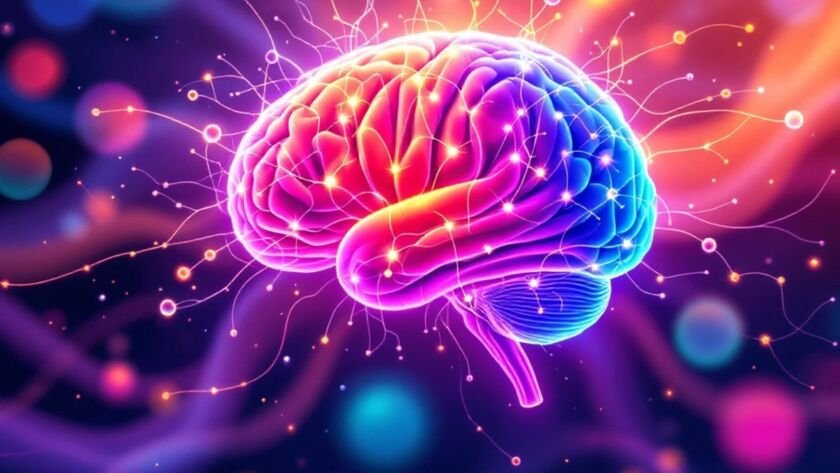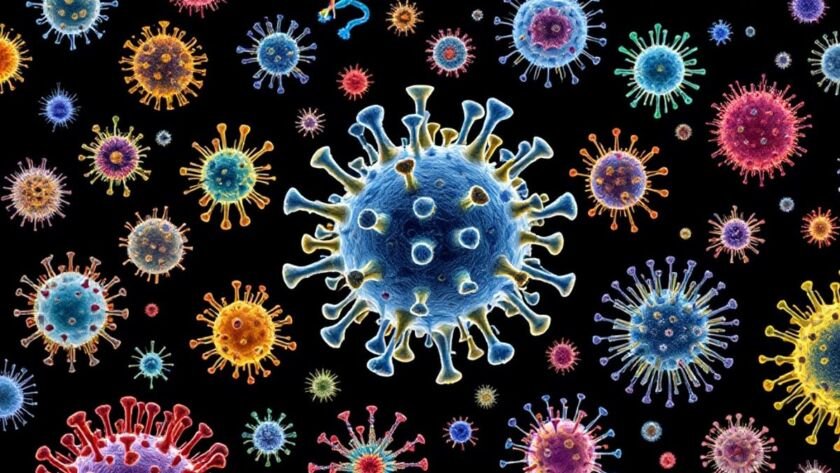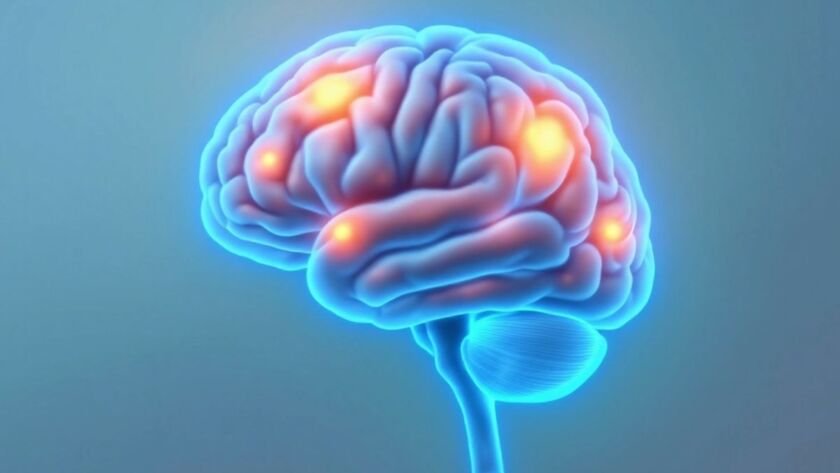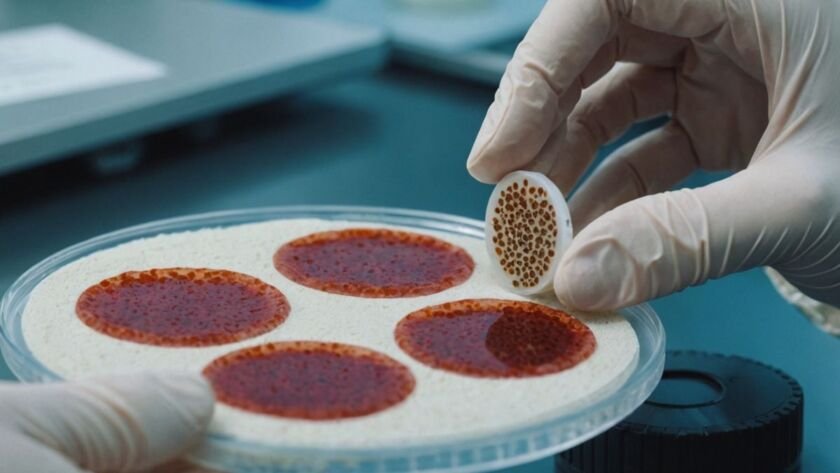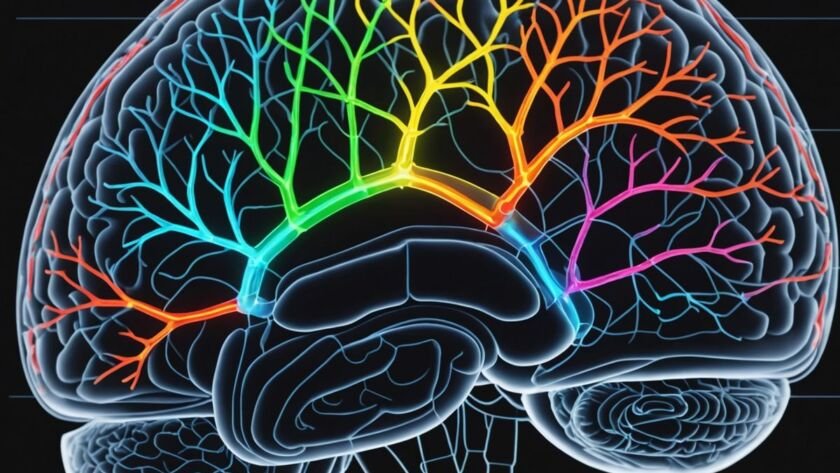Neuroscience is a rapidly evolving field that encompasses various disciplines aimed at understanding the complexities of the nervous system. The latest updates from Neuroscience News highlight significant research topics that are shaping the future of this scientific domain.
Key Takeaways
Neuroscience integrates multiple scientific disciplines.
Current research focuses on auditory and visual neuroscience.
The field…
